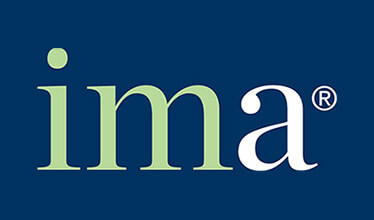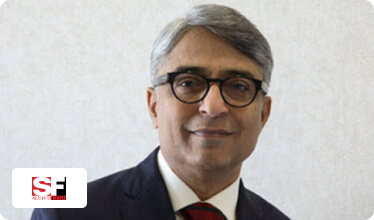Recently, the Institute of Directors, Singapore invited me for a talk on “Risk Management and Business Ethics”. As the event progressed it made me realize that reputational risk is becoming a reality in the business world globally. Initially, we assumed it is a western or American phenomenon but events during the year have shown that reputation risk is the biggest boardroom challenge today. Previously risk was from a business decision of a leader or board, but today, individual conduct and behavior of a leader have become key parameters of risk measurement.
Star CEOs and board members can cause immense reputation risk to well-meaning organizations – knowingly and unknowingly. The recent arrest of Carlos Ghosn in Japan for underreporting his salary has hit Japanese automakers Nissan, Mitsubishi and the French car maker Renault out of the blue. A single individual’s laxity has landed three corporations in a midst of an unwarranted global crisis. The alliance which was aimed at driving efficiency and saving the automakers, today, is fighting to stave off a controversy. Such events usually defocus the leadership from pressing business issues having to fend regulators, press and other stakeholder enquiries. And as I said, it does not involve a business decision with regards to the car maker but an individual act of overpaying.
Such events further affect employee morale, create customer anxiety and bring apart the very concept of alliance. Business leaders and star CEOs energize and help corporations create wealth but isn’t this what they are meant to do and paid handsomely for? Creating power centers and trying to build personality-based heroes are detrimental to the organization from a business risk perspective and it needs to be called out. In 2018, most business crises happened due to a leader’s individual misfeasance rather than any business performance issue.
The #MeToo movement has seen many rock star leaders and CEOs fall from grace and corporations scrambling to distance themselves from such executives. Harvey Weinstein had to face arrest and was expelled from his job due to gender harassment allegations, which were decades old. This again goes to show that conduct of the leader has to be impeccable across the career as past misdeeds can confront anybody anytime. With a world that is more social and digital, allegations and news can be found out and fly faster than they can be stopped.
In Asia, Walmart’s latest e-commerce acquisition Flipkart saw its founder being forced out of his executive position due to ‘non-reporting’ of a past gender harassment event that as per reports was solved amicably. Quite a few startups and its founders have been embroiled in controversies whereby the very survival of the company has been put to question due to individual acts of indiscretion.
Organizations need to understand that short term performance cannot be the reason to ignore long term ethics and culture. Short termism in any form is always harmful but boardroom and leadership greed to create hype and immediate results can cause severe dent to brands. The Volkswagen controversy is another instance whereby a ‘cheat software’ was installed in spite of everybody knowing that it is illegal. How did the entire board and professional managers allow this to happen? How did the conscience and culture of the organization allow such violations that today has resulted in a global misadventure and billions of dollars in settlement fine?
Leaders across the corporate world need to conduct themselves in a more transparent and positive manner. Boardrooms and companies should create a culture whereby any trappings of power, individual heroism and acts that can have future risks should be clearly avoided. Senior leaders and board members should be trained for gender, inclusivity, personal and ethical conduct regularly, rather than such things being discussed once crisis hits the company.
Simple issues like gender sensitivity and language neutrality (which I believe is part of any human behavior) needs to be reinforced through training programs in every organization. Recent events have shown how senior Nike Executive Trevor Edwards who was to succeed the current CEO had to be relieved due to past incidences that violated the company’s norm of gender inclusivity. The resignation of the owner of Papa Johns from the board for using the ‘n’ word as a racial slur in a conference call again shows how careful an individual leader needs to be during any communication.
Business risk is no more limited to operational, environmental or accounting risk. Today, the individual and collective conduct of the officers of the company can pose the biggest risk. And, such conduct is not limited to professional decisions but individual and personal behavior, even in private moments. Additionally, talented and performing professionals often get ejected from well-paying careers and well-meaning companies for transgressions that could be avoided if they are culturally aware, sensitive and fair in conduct and behavior.
Leaders and board members need to be cognizant of the fact that a single act of any individual can bring down the reputation of the corporation. In a more informed, democratic and connected world, businesses and leaders need to conduct themselves in a transparent, ethical and culturally relevant manner. Profit is no more the sole benchmark for performance. Leadership conduct defines a corporation’s goodwill, profitability and existence. Every leader, every day, in every act or action, should be aware that nothing, and I mean absolutely nothing, can be brushed under the carpet.











